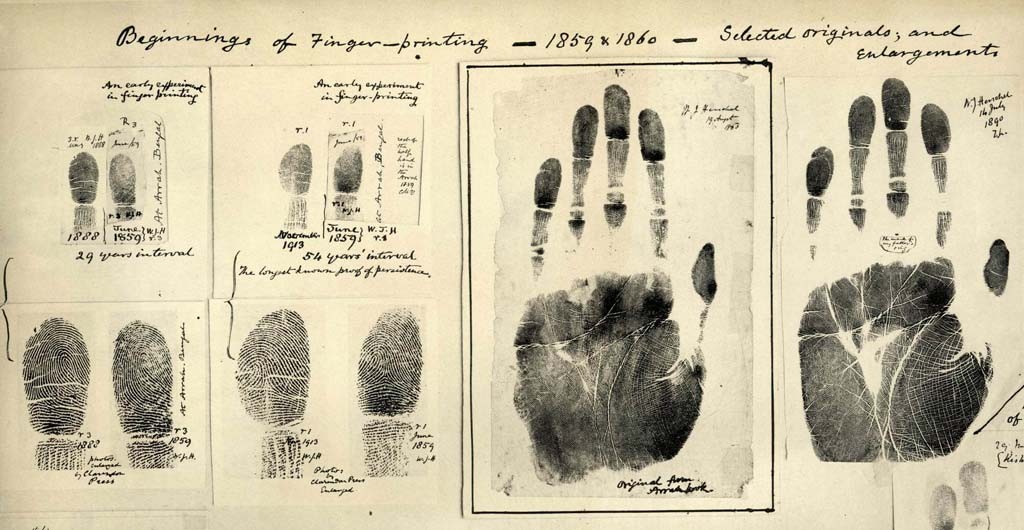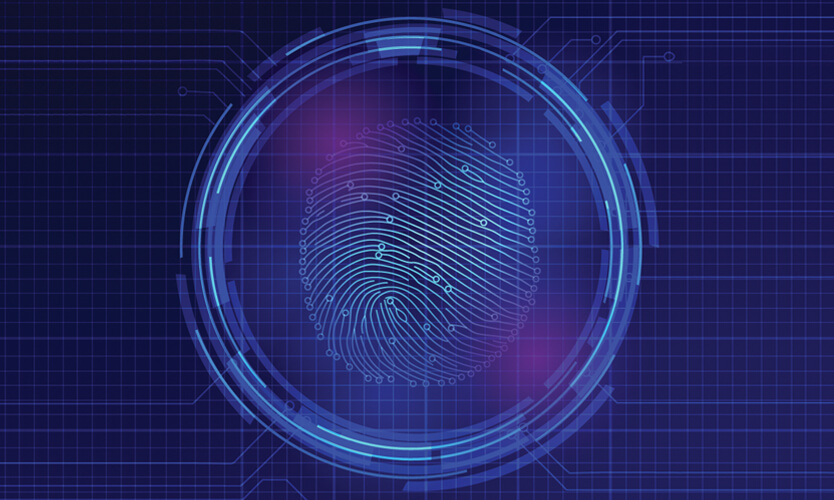Here, at Techthelead, we believe in navigating with a compass through the multitude of advancements in technology nowadays, all of them “indistinguishable from magic”. That is why we’re inviting you to join us on a magical journey dedicated to a number of camera-centered industries, on the course of several editorials. In the end, you will understand better the inception and future of smart objects everywhere.
Let’s begin with the origin of Biometrics and later on, discuss their future with a FotoNation expert.
You’ve got the house, the family, the kids – what’s next? Surely, your thoughts will turn to keeping them safe and that may well involve technology. Wanting to protect and secure is human nature – in Maslow’s terms, second only to basic physiological needs.
Yet, how can we reconcile all of that with an increasingly “like and share” world? Indeed, the Internet gave us the freedom to roam digital highways in megabits per second, but asked for something big in return: opening the front door of our lives to the “global village”. Can we do that without leaving our identities to the mercy of hackers? As long as we employ unique and personal human shields like biometrics, which are almost impossible to recreate, we stand a chance.
From classifying criminals to keeping your personal data out of hackers’ way
To understand better how biometrics work, we have to go back to the beginning of time, so to speak, when individuals, groups and communities used face recognition to differentiate between friend and foe, familiar and foreign. Their tracking system was human memory, a wonderful natural recognition system. It could recognize up to 10.000 faces, but remember only 1.500 in detail and just 150 faces with emotional connection attached to them, according to anthropologist Robin Dunbar. As populations increased, that wasn’t enough to keep people safe and agreements, sacred.
Babylonians came up with the idea of using fingerprints as signatures in clay to protect against forgery and later on, their law officials would keep score of prisoners in a similar way. The method became popular in the New World, especially after German scientists confirmed that fingerprints are unique to each individual and therefore can be used to identify them.

In 1858, Sir William Herschel initiated fingerprinting in India. At first it was a method of authentication for contract; later on, he used it with prisoners upon sentencing to avoid frauds.
Fingerprint recognition made this world safer and brought governments peace of mind, but how come the same method, updated for the digital era, is now used to authenticate law-abiding citizens like you?
More recently, in the wake of the 9/11 attacks, the US government realized biometric authentication could not only be used as a way to identify those who should be kept-in, behind bars, but also as a method for identifying those who should be kept-out, thus increasing their borders’ security. Technology companies understood they could also provide the means to keep people’s personal data out of hackers’ reach.
Fingerprints, iris, voice, veins are parts of who we are. They are unique to us and so difficult to alter without pain. Biometrics are always with you, so you can’t forget or lose them. There is a public fear they can be stolen, but technology can mitigate that, too. No wonder technology companies are jumping on this bandwagon early on, especially since computer vision techniques made them accessible to mass audiences.
* This article is written as part of an editorial series presented by FotoNation.
Follow TechTheLead on Google News to get the news first.

















